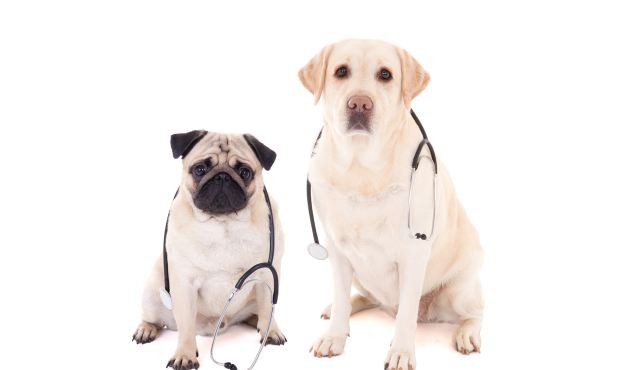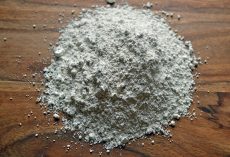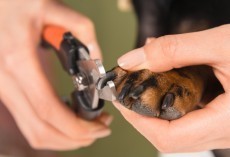Surprisingly, there are a number of diseases you can get from your doggy. Finding out the symptoms and causes is only the first step. Find out how you can prevent from getting any of these canine diseases so that you and your doggy stay happy and healthy!
Zoonotic disease may be spread from family pets, petting zoos, fairs or encounters with wildlife. Such diseases are also spread by close contact with animals while on the job, such as handling livestock.
In some, but not all cases, a bite is necessary to transmit the disease. In other cases, a scratch or consuming a contaminated animal product (such as milk or meat) can lead to infection. An infected animal's saliva, blood, urine or feces may spread zoonotic disease, as may being bitten by a disease-carrying tick or mosquito.
1. Cat-Scratch Disease
Bartonellosis, also known as “cat-scratch disease,” is caused by Bartonella bacteria. It's thought that 40 percent of cats, particularly kittens younger than 1 year may carry the bacteria, although they're not likely to show any signs of illness as a result.
2. Giardiasis
Giardia is a type of parasite that may infect dogs or cats. It's often spread via the feces of an infected animal or through exposure to contaminated water. Giardiasis causes diarrhea, greasy stools, abdominal cramps, nausea and vomiting.
3. Hookworms
Hookworms are microscopic parasites that your pet may pick up by ingesting contaminated feces or soil. Puppies and kittens can also be infected via their mother's milk if she has a hookworm infestation.
A rash will typically develop at the site where the hookworm larva penetrate your skin (often on your hands or feet).
In humans a hookworm infection may resolve on its own within about six weeks, but it can be fatal in animals or cause anemia, diarrhea, malnourishment and weight loss, so seek veterinary infection if you notice these symptoms.
4. Roundworms
Roundworms are large and spaghetti-like in appearance.
You can also pick up a roundworm infection from your pet or by coming into contact with contaminated soil. These worms spread quickly and may give your pet a pot-bellied appearance along with mild diarrhea and dehydration.
5. Toxoplasmosis
Toxoplasmosis is another parasitic disease that can be spread to humans and animals via contaminated soil, water, meat or feces. Cats are among the most common carriers of this infection (often without showing any symptoms).
Exposure is most dangerous to pregnant women and people with a suppressed immune system.
How to Minimize Your Risk of Zoonotic Disease
In most cases, the benefits of pet ownership far outweigh the risks, but there are some commonsense measures you can take to minimize your risk of zoonotic disease.
Certain populations, including pregnant women, young children and people with compromised immune systems should take extra precautions when spending time around animals.
Although there are a lot of ways for us to get diseases from our pooches, there are a lot more ways to prevent that from happening. Just keep in mind the symptoms so that you can get better quickly!
For more information on doggy diseases that humans can suffer from, visit Healthy Pets.









